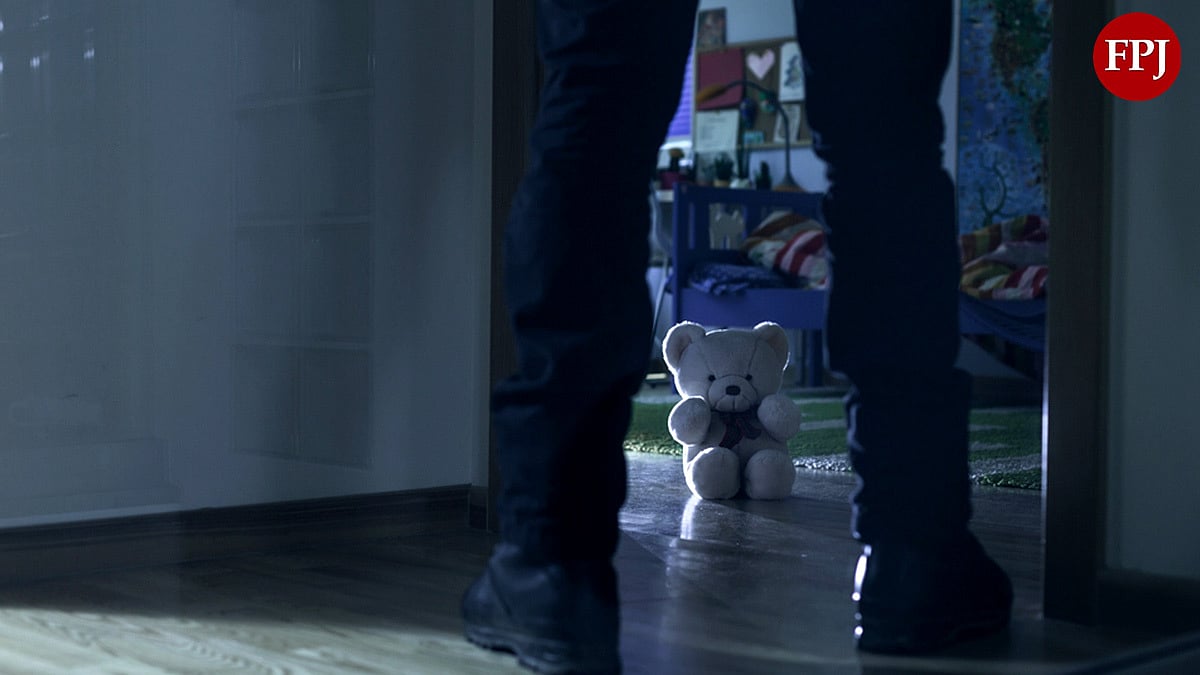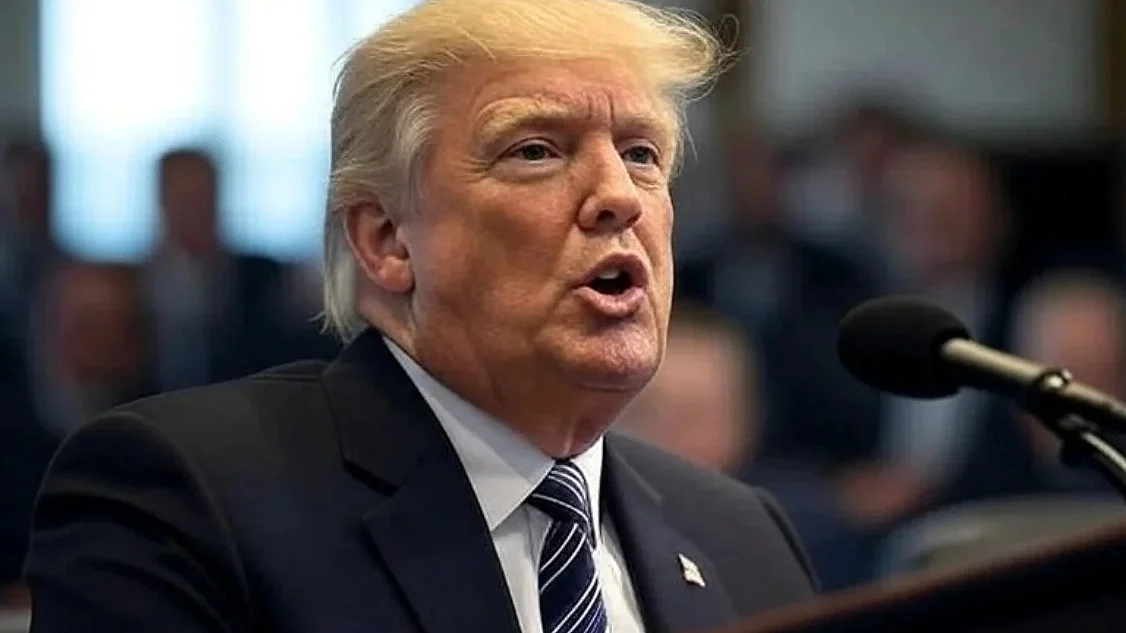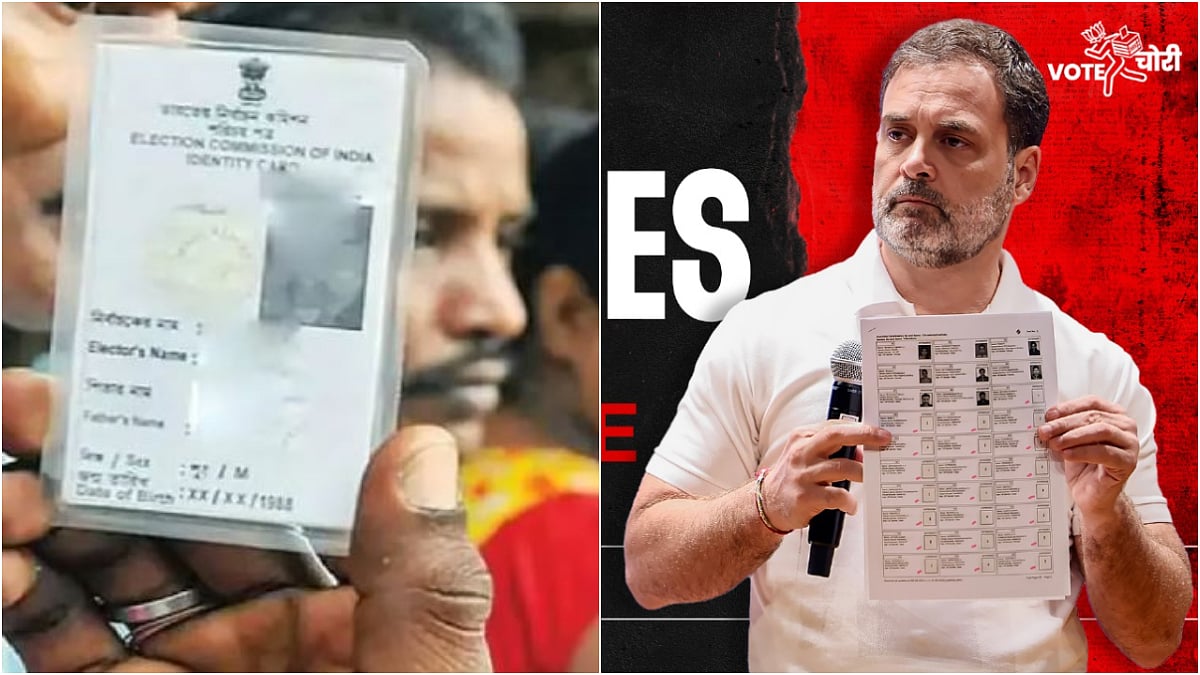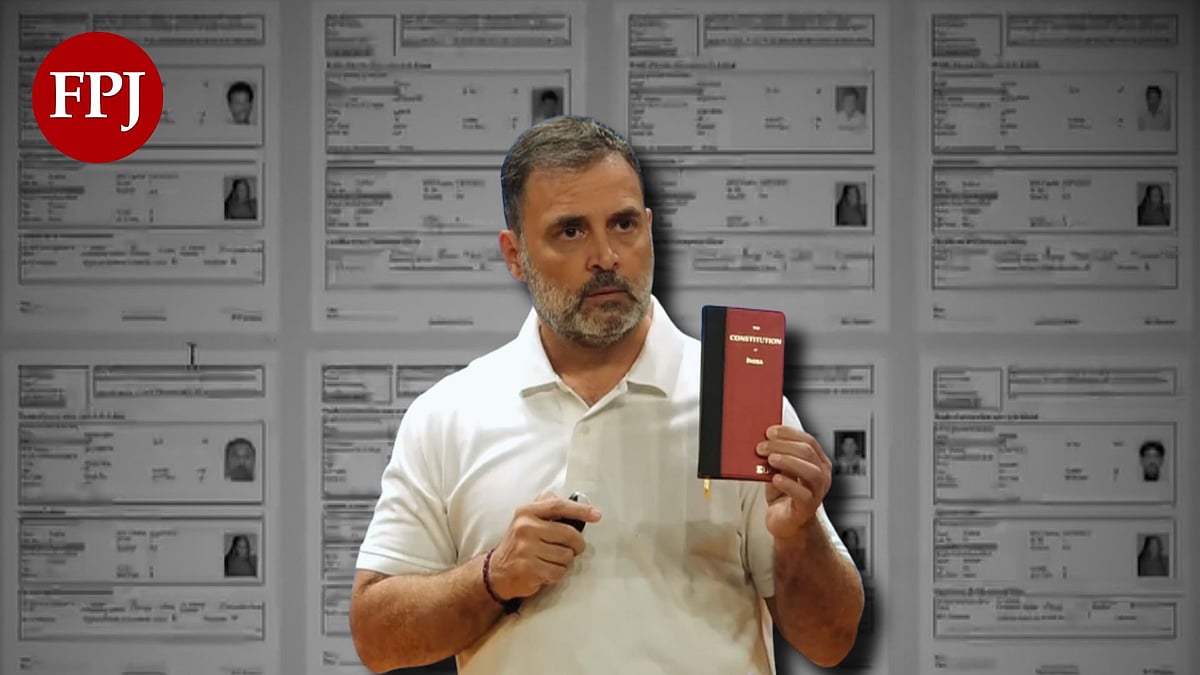When Finland’s new right-wing government under Petteri Orpo takes office in the heat of the Nordic summer, it does so in a new security situation. The previously non-aligned nation far up in the North is now a full-fledged member of the NATO Defence Alliance. One important task which has been discussed in the lengthy governmental negotiations in central Helsinki is how Finland can contribute to the security of Europe in the best possible manner as a NATO member.
When the votes in the parliamentary elections on April 2 were counted, it was clear that Finland would have a new coalition base for its government. Both Orpo's National Coalition Party (the Conservatives) and the Finns Party gained over 20% of the vote. The Social-Democrats led by popular and charismatic Sanna Marin made a good campaign, but her party finished third with slightly less than 20% of the vote.
Orpo as the leader of the biggest party was given the job to form a new government. He chose to start negotiations with the nationalist and populist Finns party, the Christian Democrats and the Swedish People's Party. Together these four parties would enjoy the support of the majority of Parliament.
The negotiations dragged on for many weeks until the new government structure was finally published on June 16. It was challenging for the incoming Prime Minister to combine the views of nationalistic and protectionist True Finns, liberal and philanthropic Swedish People's Party and value-conservative Christians. A prerequisite for the Conservative themselves was balancing public debt and reducing taxes. At the end of the day, the Government programme is a compromise, as has always been the case in Finland, a country with a multi-party political system.
Finnish Foreign Policy Will Be Based On The Rule Of Law
Finnish foreign policy will continue to be based on the rule of law, human rights, equality and democracy. A close cooperation with partners with the same values as well as respect for multilateralism are central elements in Finland's international relations. Development aid will be reduced as a result of the sharp criticism from the Finns party, which wants to channel resources to address domestic needs. On the international scene, Finland's campaign to become a rotating member of the UN Security Council for the period 2029-2030 will start under the new Government.
The Finnish Government has a clear stance on Russia's foreign policy, which is in grave conflict with European stability and security. Finland has condemned the brutal Russian aggression against its neighbour Ukraine and will continue to support the brave Ukrainian people in its defence against the attacks. Finland will continue to deliver arms to Ukraine and calls on the international community to join the measures against the aggressor. Ukraine is also the main recipient of Finnish development aid. Finland's aim is to stop the Russian war and based on the development in Russia, will evaluate together with its allies the prospects for renewed cooperation with Russia.
Finland supports Ukraine against Russia
The unprovoked Russian attack on Ukraine changed the public opinion regarding NATO membership. Soon after the attack, Finland applied for membership together with Sweden, and Finland joined the alliance in early April this year. As always in our history, the Finnish people as well as political parties were united on this step. Now as a member, Finland will actively take up its role in the alliance. Finland will take part in NATO operations, exercises and working parties. Finland will participate in crisis management and combat terrorism. As a NATO-member, Finland is committed to support allies and to receive aid when needed. Finland will particularly profile itself within the NATO in matters related to the security of the Baltic Sea Region and in the Arctic, cyber and hybrid threats as well as information security.
It may come as a surprise for some readers, but Finland has one of the strongest defence forces in Europe. To this day, Finland maintains conscription (compulsory military training for men, voluntary for women), which means that the country can easily mobilise a few hundred thousand troops in a short time. The air defence relies on F-18 Hornets, which will be replaced by sophisticated American F-35 fighter jets in a few years. The new Government is committed to spend at least two percent of the GDP on defence in line with NATO recommendations.
The European Union and the Nordic countries remain as Finland's closest reference groups. A strong European Union strengthens Finnish independence. Priorities for Finnish policy in the EU are EU’s global role, development of the internal market, investments in clean energy and sustainable use of natural resources. Finland also wants to improve EU defence cooperation and secure EU borders. Finland is itself a EU border country, with a 1400-kilometre-long border to the East.
Although much of the emphasis is on national security and defence in the new era of foreign policy, Finland will also continue to be an active global player with altruistic motives. Being a global leader and champion in the fight against climate change, the empowerment of women and girls and access to quality education across the world, will continue to drive Finland's international agenda. The commitment to be carbon neutral by 2035 will stand. Finland will enhance these goals and ambitions across multilateral arenas as well as in bilateral relations and in people-to-people contacts. With a commitment to human rights and sustainable development, the world's happiest country will continue to care for the world and the whole of humanity, in close cooperation with other countries and stakeholders. Because — at the end of the day — only together can we make this world a better place.
Erik af Hällström is Consul General, Consulate General of Finland











